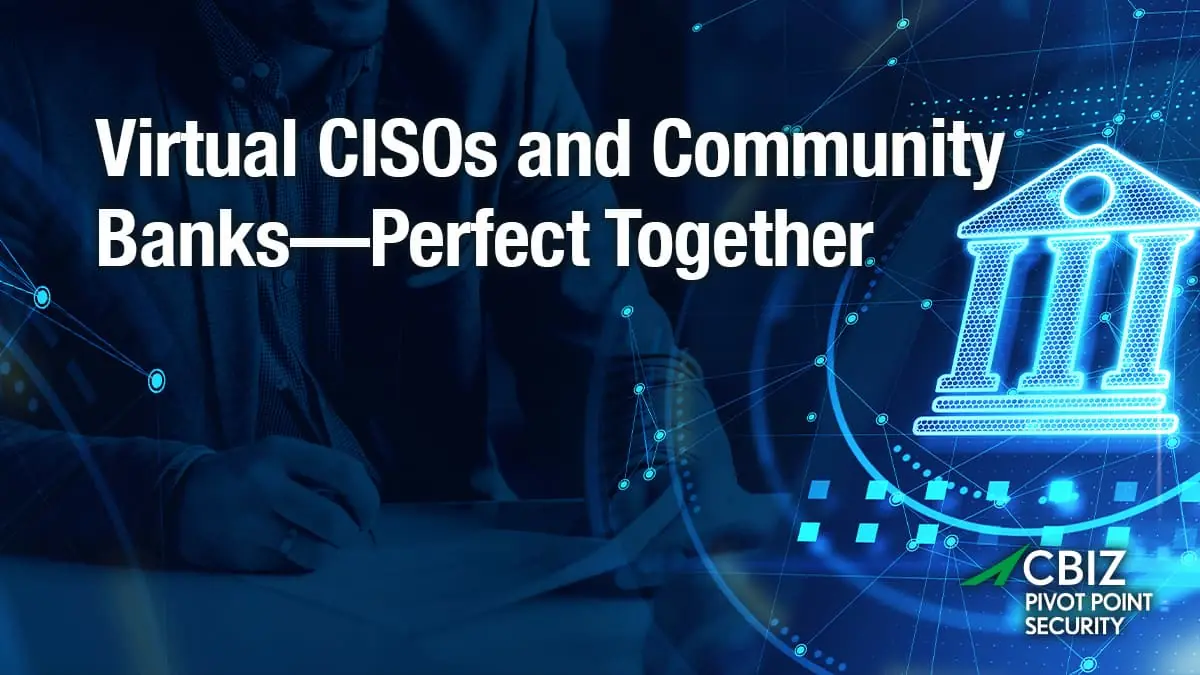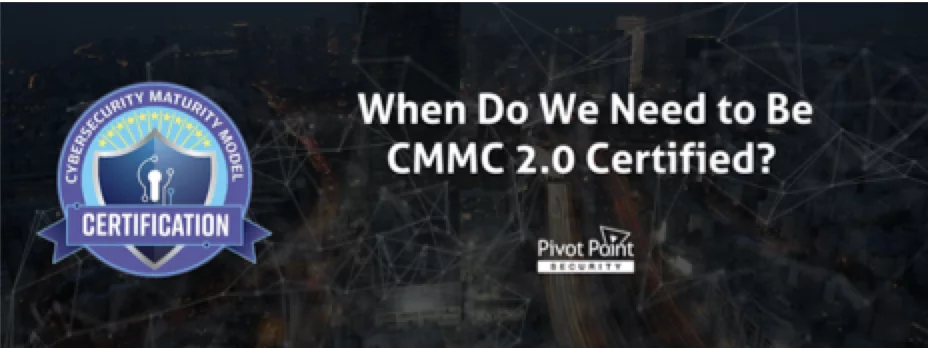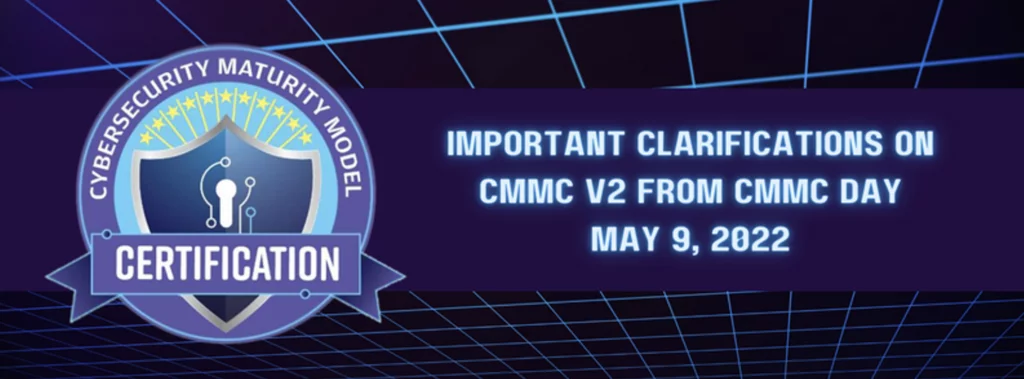Last Updated on April 12, 2024
For the past year, I have served as the virtual Chief Information Security Officer (vCISO) of a community bank. As we approached the first anniversary of our relationship and were structuring the second-year agreement, this was a perfect time to reflect on the partnership and validate that it has been valuable to us and them.
In so doing, it dawned on me that, for a community bank or credit union, engaging a vCISO is an excellent approach to addressing the governance and strategic elements of running your cybersecurity program. Here are four of the reasons why:
1. Regulatory Compliance and Governance
Community banks operate in a highly regulated environment. Maintaining compliance with relevant federal regulations (e.g., GLBA, FFIEC, NCUA), state cybersecurity regulations (e.g., NYS DFS 500), and privacy regulations (e.g., GDPR, applicable state standard(s)) is critical to keeping the bank in good standing.
A good vCISO spends considerable time navigating this complex regulatory landscape with their clients. vCISOs have expertise in developing and governing cybersecurity programs that are provably secure and compliant with these regulations. We generally operationalize our vCISO clients’ cybersecurity programs on our OSCAR platform or their existing GRC platform so we have a single source of truth for the status of their cybersecurity, privacy, and vendor risk management programs.
A GRC platform also provides the evidence/artifacts needed during regulatory audits to validate that the cybersecurity and privacy programs are designed and operated in compliance with the regulations.
2. Cost-Effective Security
Community banks often face IT budget limitations yet must contend with relentless cyber-attacks. Hiring a full-time CISO can be financially challenging. A well-operated vCISO program provides access to a team of cybersecurity professionals, often at a significantly lower price point than the cost of a full-time CISO.
3. Bridging the Talent Gap
Community banks may struggle to attract and retain experienced CISOs as they are not generally perceived as cutting-edge or exciting workplaces for cybersecurity professionals and may be challenged to offer competitive compensation. A vCISO bridges this gap by providing specialized skills and knowledge part-time while still achieving the position’s objectives.
4. Context Stability and Strategy
Unlike SaaS and other rapidly changing industries, community banking evolves more slowly. A community bank’s core business functions and risk profiles don’t shift dramatically over short periods. A crucial role of the CISO is strategic leadership. However, with lower rates of contextual change, most community banks do not require extensive strategy development and may underutilize a full-time CISO.
Maximizing CISO Value
In summary, community banks can benefit significantly from employing a vCISO. A vCISO aligns perfectly with the requirement to focus on governance, risk management, and compliance while updating cybersecurity and privacy strategy on a cost-effective, on-demand basis. Some vCISO programs also offer a “virtual team” of cybersecurity specialists to execute on tactical requirements under the vCISO’s leadership.






















